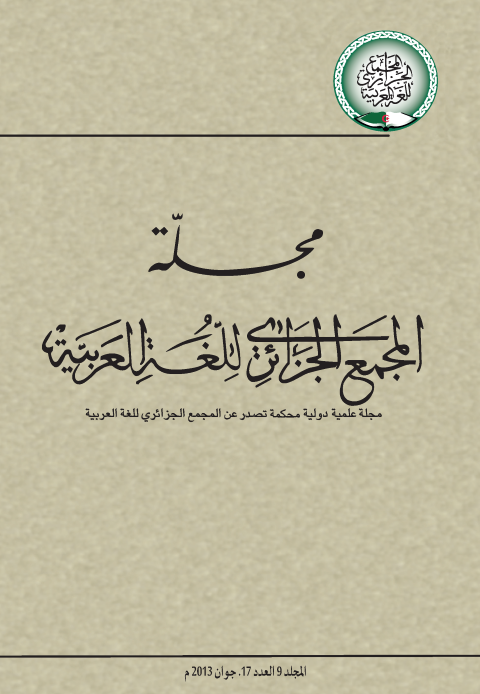The philosophical term and its development in Islamic philosophy
Keywords:
Arabic language, translation, language comparison, cultural field, linguistic fieldAbstract
It can be said that the Arabic language, in one of its primary aspects, is a means to understand ourselves and the world. Its symbolic meanings continuously evolve across successive generations within a particular nation, and the meanings of its symbols are not coincidental. Rather, they are subject to social and historical conditions and are determined by collective experience.
Translation and language comparison have shown that languages do not perceive reality in the same way, nor do they derive a single meaning from it. General meanings often rely on linguistic usage and are not independent of the individuals who use them. The claim that these meanings are objective and depict reality as it is can be contested if taken in an absolute sense.
Human intellectual activity interacts with the cultural environment in which one lives and belongs. The linguistic environment that shapes one's thoughts significantly influences this interaction. This means that the relationship between thought and language is extremely close and strong. This does not imply that they are like two sides of a coin, such as a dinar.
Downloads
References
أبو حيان التوحيدي، المقابسات، تحقيق حسن السندوبي، مصر، 1347 هـ/ 1929 م
Abū Ḥayyān al-Tawḥīdī, al-Muqābasāt, taḥqīq Ḥasan al-Sandūbī, Miṣr, 1347 H / 1929 m
طه عبد الرحمن، فقه الفلسفة (في الفول الفلسفي) المركز الثقافي العربي، الدار البيضاء، 1999، ج1 وج2.
Ṭāhā ʻAbd al-Raḥmān, fiqh al-falsafah (fī alfwl al-falsafī) al-Markaz al-Thaqāfī al-ʻArabī, al-Dār al-Bayḍāʼ, 1999, j1 wj2.
جابر حيان، الحدود، تحقيق عبد الأمير الأعسم، الدار التونسية للنشر، المؤسسة الوطنية للكتاب، الجزائر، 1991
Jābir Ḥayyān, al-ḥudūd, taḥqīq ʻAbd al-Amīr al-Aʻsam, al-Dār al-Tūnisīyah lil-Nashr, al-Muʼassasah al-Waṭanīyah lil-Kitāb, al-Jazāʼir, 1991
عبد الأمير الأعسم، المصطلح الفلسفي عند العرب
ʻAbd al-Amīr al-Aʻsam, al-muṣṭalaḥ al-falsafī ʻinda al-ʻArab
رسائل الكندي الفلسفة، القاهرة، 1369 هـ/ 1950 م
Rasāʼil al-Kindī al-falsafah, al-Qāhirah, 1369 H / 1950 m
غواشون، فلسفة ابن سينا وأثرها في أروبا، ترجمة رمضان لاوند، بيروت 1950
Ghwāshwn, Falsafat Ibn Sīnā wa-atharuhā fī Urūbbā, tarjamat Ramaḍān Lāwand, Bayrūt 1950
الحسن بن الهيثم، الشكوك على بطليموس، القاهرة 1971
al-Ḥasan ibn al-Haytham, al-shukūk ʻalá Baṭlaymūs, al-Qāhirah 1971
كتاب نشره إحسان عباس، دار مكتبة الحياة، بيروت 1959
Kitāb nasharahu Iḥsān ʻAbbās, Dār Maktabat al-ḥayāh, Bayrūt 1959







